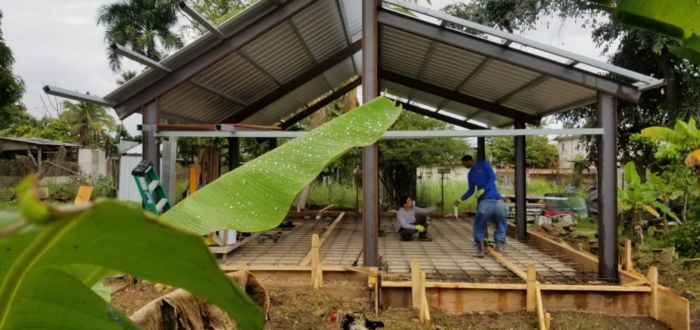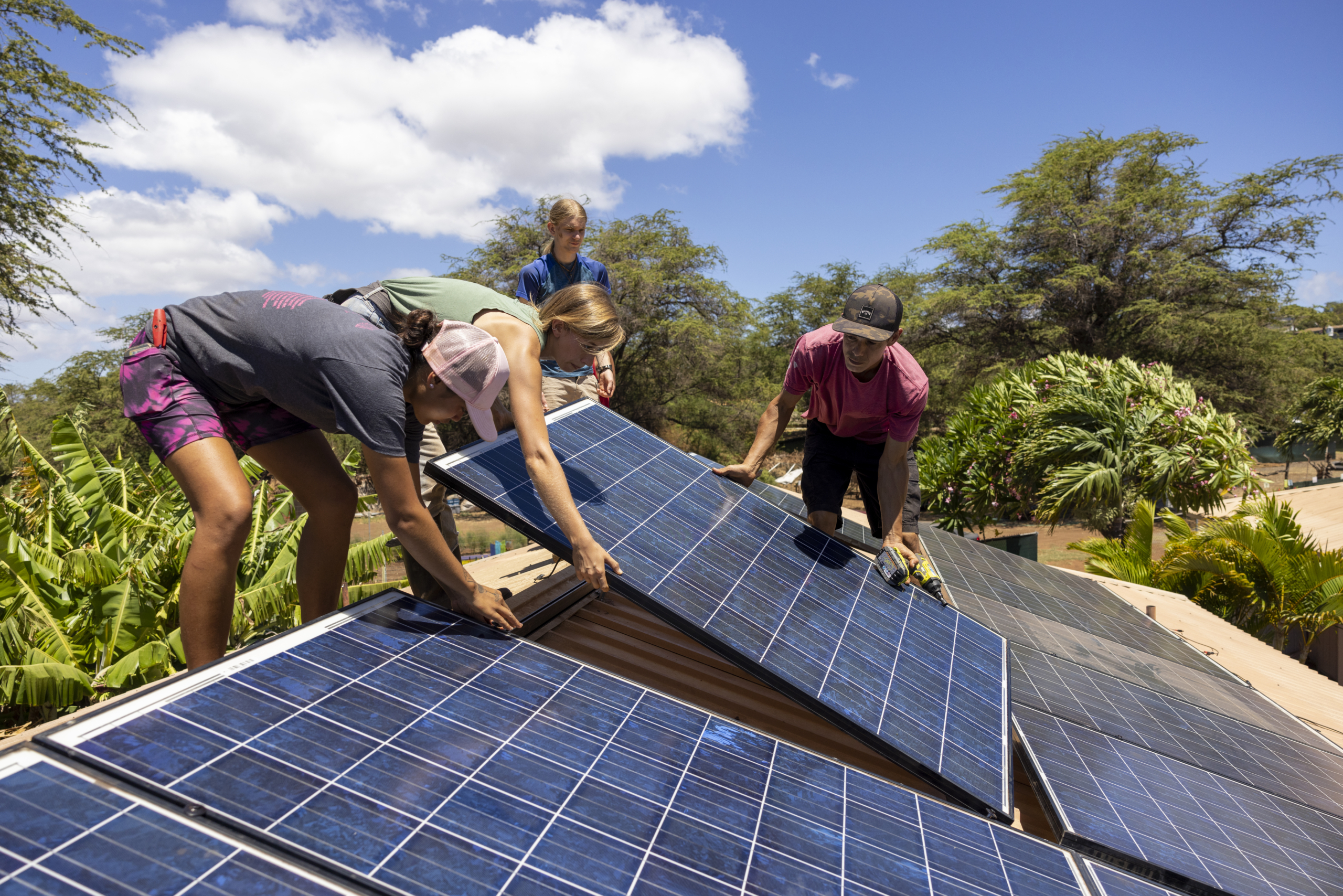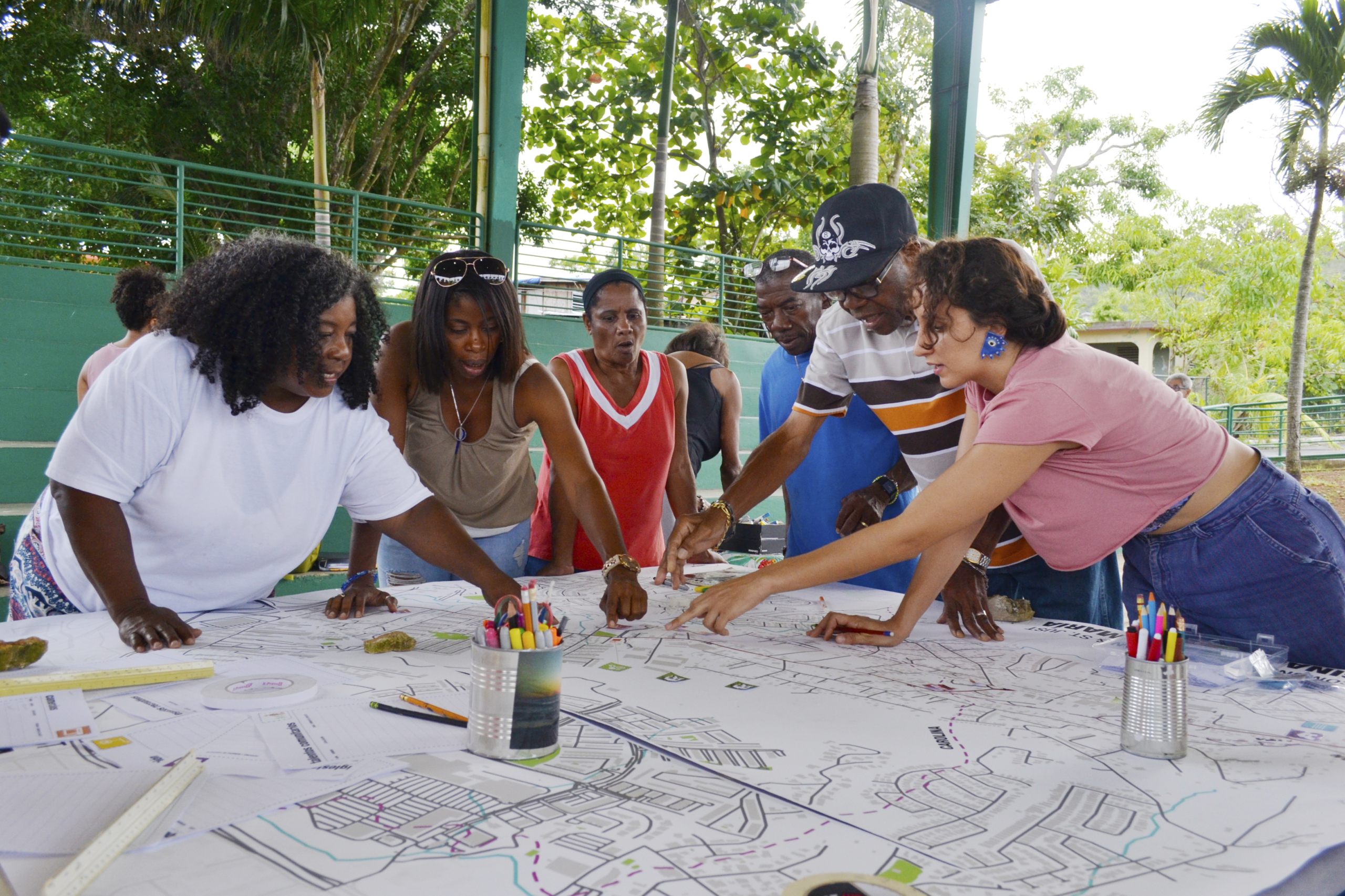
La Maraña
In recent years, the phrase “climate justice” has been thrown into the mainstream climate movement narrative. However there’s still so much confusion about what this means.
At its core, climate justice solutions address the root causes of the climate crisis – racism, colonialism, patriarchy, and capitalism. Solutions that overlook social and systemic conditions perpetuate the very structures that created the climate crisis to begin with. When implemented mindfully, climate justice solutions can simultaneously address climate and tackle broader social justice concerns – like developing affordable, clean energy-powered housing for low-income communities.
Communities of color–Black, Indigenous, Latinx, Asian, Pacific Islanders, and others–have demonstrated that it’s possible to combat carbon emissions and pollution while advancing equity and justice. They have been bearing the brunt of the climate crisis the longest, and therefore have the deepest insights into what is needed, and what will work. If we want solutions that will have lasting impact, they should come from the ground up. This is precisely what The Solutions Project’s grantee partners are accomplishing.
Our partners operate at the grassroots level, driving a just transition to a green and regenerative economy. The range of climate justice solutions are as diverse as the communities they benefit, encompassing everything from rural electric cooperatives and resistance against fossil fuel infrastructure to regenerative farming. Across our grantee network, The Solutions Project is actively documenting frontline climate justice solutions.

Ho’ahu Energy Cooperative Molokai, Photo by The Years Project
Our grantee partners are developing transformative solutions in energy, water, and food systems that lay the groundwork for a regenerative economy:

La Maraña
Our grantee partners use power-building strategies such as community organizing, policy advocacy, community and economic development, integrated voter engagement, arts and culture, education, and direct services. They organize and build multi-racial, immigrant, intergenerational, and worker coalitions, many of which have been serving their communities for decades.
Frontline communities possess the lived experiences, knowledge, and expertise needed to drive meaningful, systemic change that benefits everyone. By investing in these grassroots organizations—bolstering their capacity to develop, analyze, replicate, and scale solutions—we can accelerate the pace of change and foster public policy innovations at all levels.
Equitable community-centered climate solutions offer the only viable path to creating lasting transformation change.
The solutions exist, and frontline communities are leading the way.